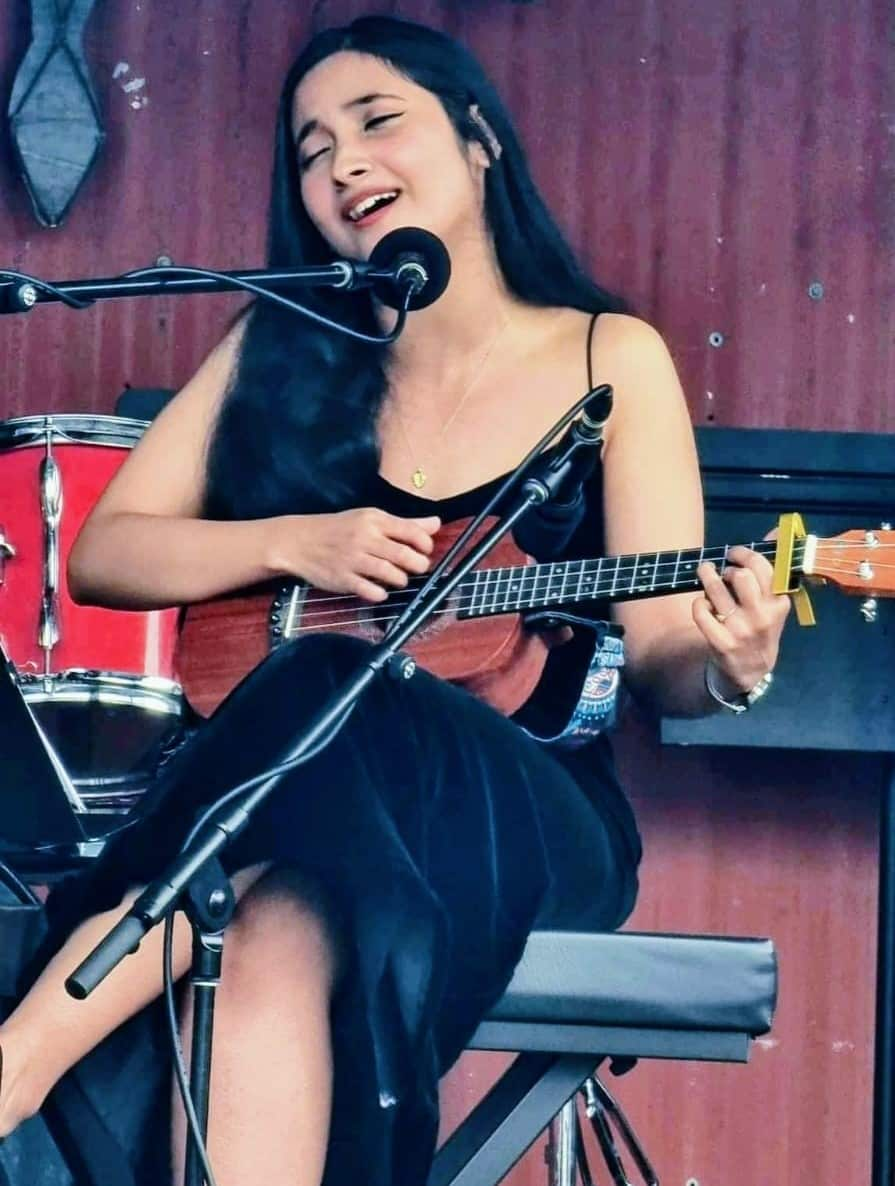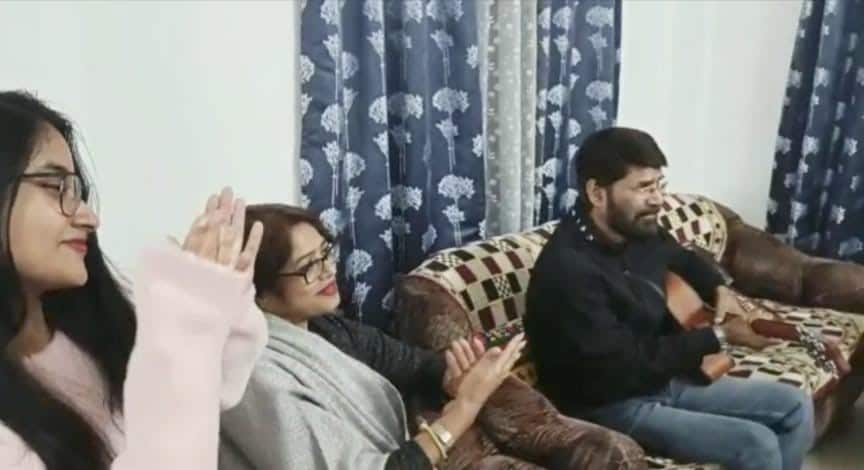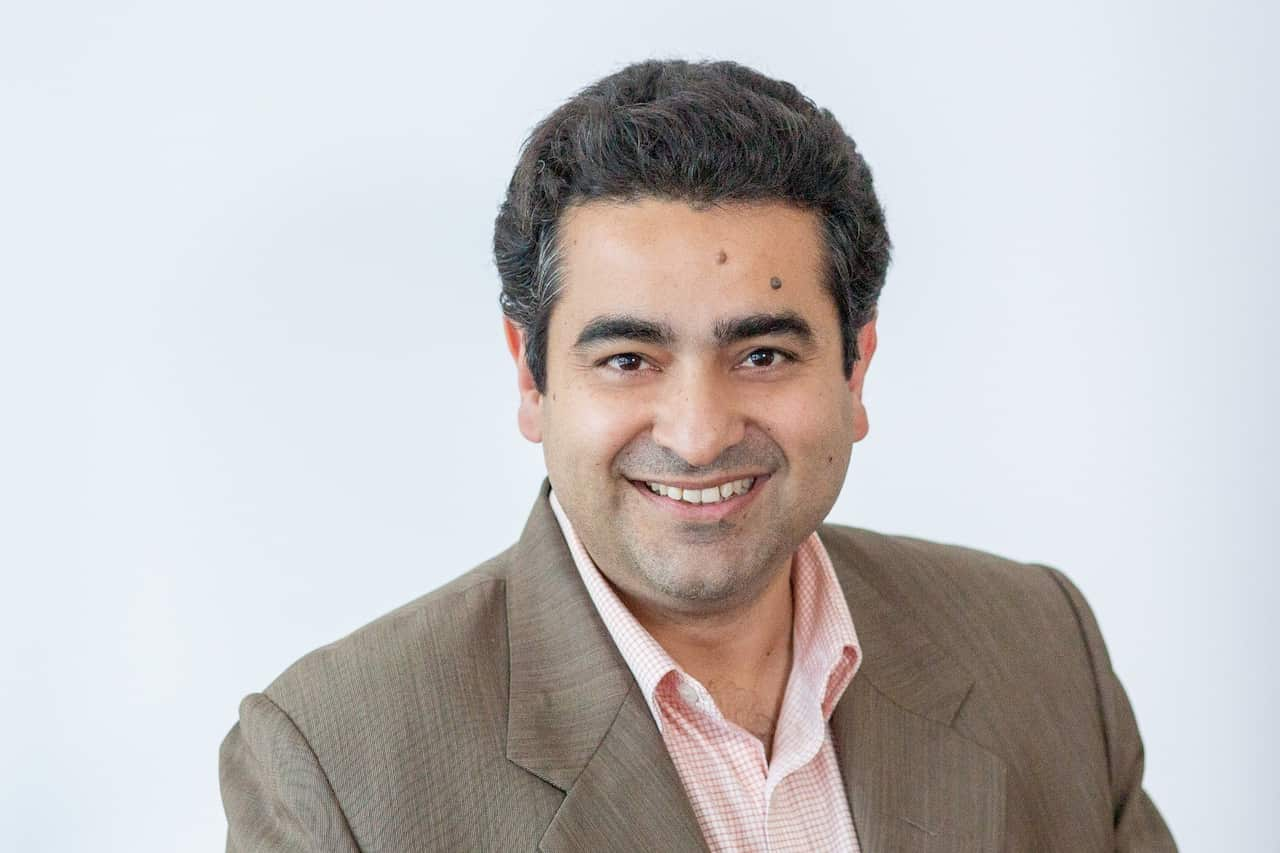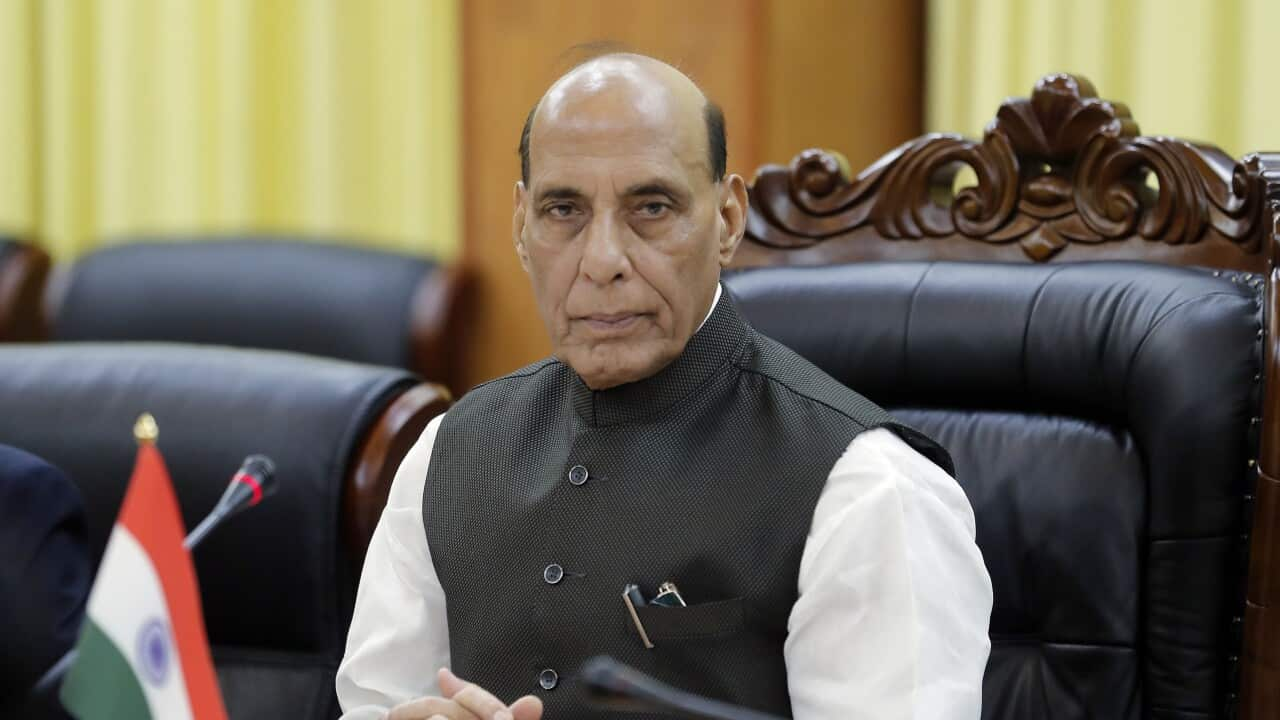Upon arriving in Adelaide as an international student back in 2018, Ms Pratap, now 24, found herself grappling with "crippling depression".
Feeling inundated and struggling to cope, she began skipping lectures and eventually failed her exams at university.
"In school, I was a good student, so I felt pressured to get into a medical college, but I couldn't, and it affected my mental health," she told SBS Hindi.
"In the end, I chose to study in Australia, but once I arrived here, my depression started to show and I began to skip lectures."
For six months, Ms Ipshita kept her feelings to herself.
"(Then) my university called and asked me if I needed help after I explained to them my mental condition," she said.

Ipshita Pratap with her ukulele. Credit: Ipshita Pratap
She ultimately decided to move from Adelaide and "start afresh".
"I came to Tasmania where I started visiting the Youth Art and Recreational Centre and made friends."
One fine day the staff there asked me to sing on stage and that was my first unpaid performance.
With encouragement from the community, Ms Pratap turned to the music she learnt from her parents who are Indian classical singers.
“At the time when nothing was helping me, I realised singing and music was like a healing process for me,” she said.

Ipshita Pratap with her parents. Credit: Ipshita Pratap
According to her, she has also been invited to perform for other events like the Indian Independence day celebrations in Hobart and Verandah Music Festival.
"Music has helped me get out of a rut that I was in," she said, adding that singing has been "very cathartic" for her.
I sing according to the crowd. Old Bollywood classical is my kind of music but for outdoor settings and for larger audiences I pick peppy Bollywood numbers.
These days, Ms Ipshita is pondering ways to enhance Australians' awareness of, appreciation for, and embrace of Indian music while also seeking opportunities to contribute towards mental health initiatives.
With a ukulele in hand, she has added her own take on Indian classical music.
"I wanted to use an instrument other than guitar so I chose ukulele as it also suits my small body size," she laughed.
"I'm also a part of the Mental Health and Suicide Prevention Youth Advisor group as I feel there is a lot of work needed in this area and I can contribute to it," she said.
She wants to share her story after educating both herself and her parents about mental health, acquiring knowledge on the subject and gaining insight into its challenges and experiences.
Dr Amit Zutshi, a psychiatrist based in Melbourne, observes that discussions about mental health are occurring on a larger scale.

Dr Amit Zutshi, a Melbourne based psychiatrist. Credit: Dr Amit Zutshi
It found that 7.5 per cent of Australian adults – or one in 13 – experienced depression in the past year and 16.8 percent – one in six – experienced an anxiety condition.
"Studies have been conducted on the utilisation of music therapy as a treatment for depression and the findings indicate that mild to moderate depression may be effectively addressed with therapeutic approaches such as music, potentially eliminating the necessity for medication," Dr Zutshi said.
Dr Zutshi pointed out that many international students encounter various obstacles, such as feelings of isolation and a lack of social connections.
However, these challenges can be surmounted by establishing a support network upon arrival and engaging in enjoyable hobbies that bring happiness, he suggested.
[Disclaimer: The opinions in this podcast are the personal view of the speaker. For specific advice, please a consult mental health expert.]
If you, or someone you know, needs help, refer to these helplines:
- Lifeline on 13 11 14
- MensLine Australia on 1300 789 978
- Beyond Blue on 1300 22 46 36 or online resource Dadvice
- ReachOut on au.reachout.com
- Kids Helpline on 1800 551 800/kidshelpline.com.au
Tune into SBS Hindi at 5 pm every day and follow us on Facebook and Twitter.




